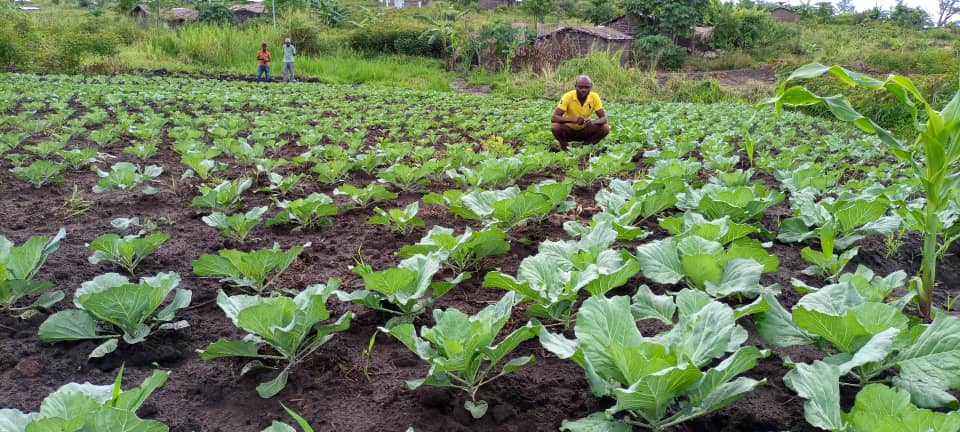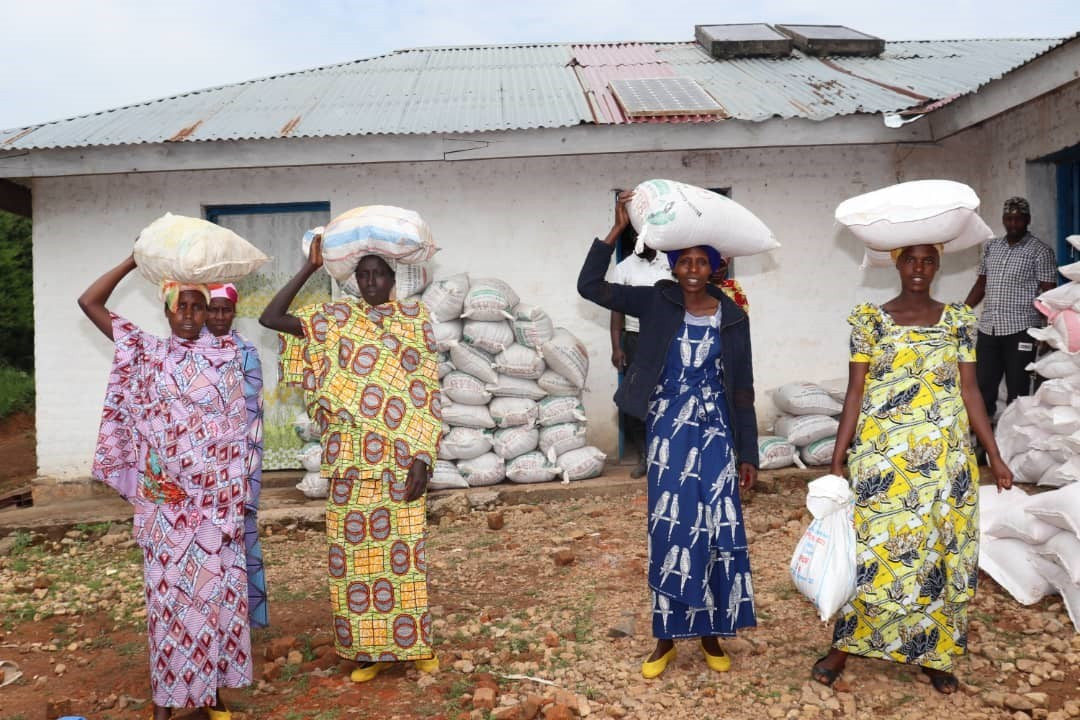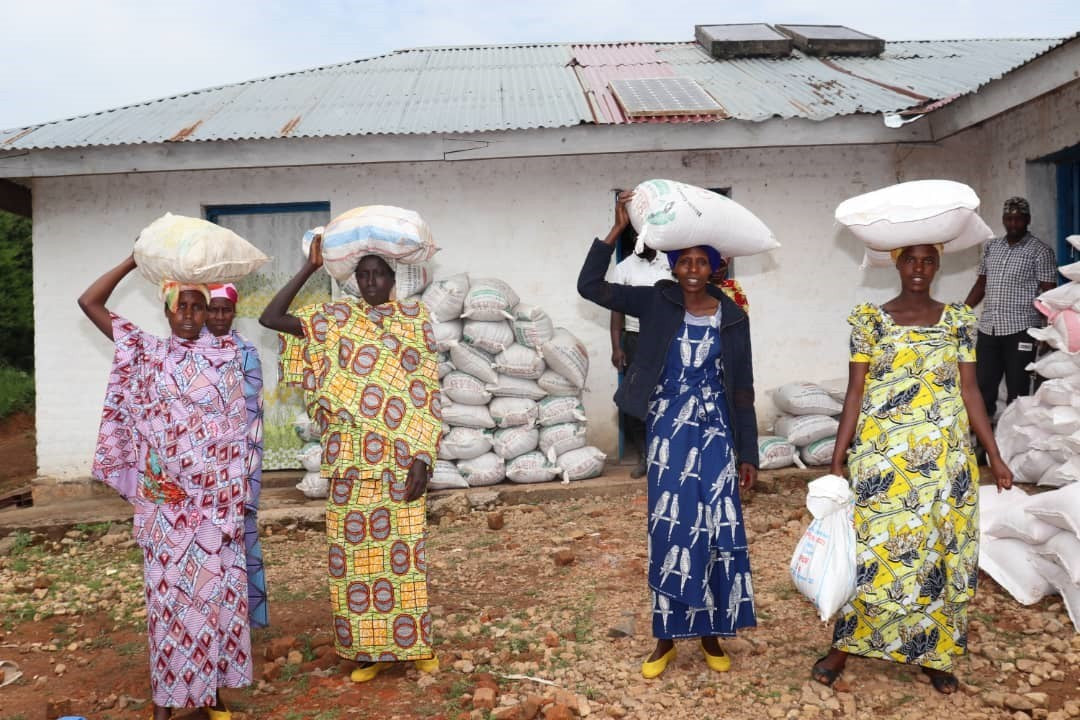Day 18
300 g of seeds for a family in the DR Congo
 Peace begins on the plate Peace begins on the plate
Peace begins on the plate Peace begins on the plate


Secure food and income for conflict-affected families in eastern DR Congo

need
Balanced nutrition and income increase for refugees and host communities in South Kivu province (DR Congo).
activity
Seeds for staple foods and vegetables are transported, sorted and packaged in a seed bank and distributed to small farming families.
Measurable performance
Number of households receiving seed packets and increasing their agricultural production.
Result
Farming families improve their food security and generate surpluses. Trust is built up among the respective population groups.
Systemically relevant impact
Members of different communities can live together peacefully and sustainably.
background


The good deed
AboutDemocratic Republic of Congo
Kinshasa
Capital city
89 561 404
Population
556.8
Gross domestic product
per capita per year
Rank 175 of 189
Human Development Index
(Human Development Index)





